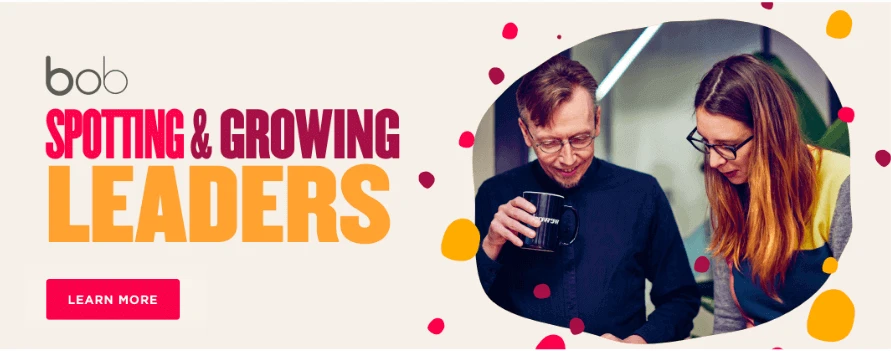Love isn’t always romantic, especially in the office. There are five love languages that help shape the connections we share with other people, both romantically and platonically.
There are various types of love that you’ll find in the modern office setting. The work world’s cupid is still fluttering around and without a doubt has many colorful arrows in his arsenal, but each one is embedded with a certain emotion that transcends standard relationship labels.
While HR should always remain aware and monitor the interactions between their people, they can help facilitate other methods of kindness in their culture that make everyone feel loved and valued at work:
Mentorship
Taking someone under your wing and sharing your expert knowledge with them is a form of love that often goes unacknowledged. As individuals, we try to take pride in what we do, but as human nature would have it, we like achieving a sense of approval from those we work for and with.
Being a mentor means that you see the promise or potential of an employee. Providing them with learning opportunities and resources to help them grow professionally is a type of love and care that contributes to their future.
However, mentorship works both ways. A manager or supervisor who is looked up to as a role model or career guide feels the love too. After all, even the request for mentorship is a way of reinforcing their experience, compassion, and people skills that make them a great individual to learn from.

Compassion
No one wants to walk into a workplace and feel as if their emotions don’t matter. Employees who feel compassion radiating from their colleagues and managers perform better, too. Curiosity in one another’s lives makes employees feel important and like they matter, which is known to improve productivity levels.
Showing compassion to those you work with used to be a neglected form of workplace love. In the corporate sense, employees were once seen as human capital as opposed to just, well, humans. As we strive to better the work world and create a new frame of work-life synergy, we need to use compassion as a source of understanding and appreciation of those who need to tend to responsibilities outside of the office.
Throwing in a dash of gratitude plays into compassion, especially for HR leaders. Show your people that you care with recognition initiatives, and that you appreciate all the hard work they show up to do, regardless of what’s happening in their personal lives.
Care and concern
Caring for colleagues and managers in less-than-ideal circumstances shows them that their value in your life surpasses a job task or project, and that type of love is irreplaceable.
The unfortunate truth is that employees get sick. Crises come up unexpectedly. And, sometimes, certain life milestones (not the positive ones) rear their ugly heads and need to be dealt with accordingly. These sorts of situations call for more than just paid or unpaid leave; they require genuine care and concern from colleagues and teammates.
If an employee loses a loved one, for example, it’s important as a collective group to send a card that expresses condolences. If an employee falls ill, it might be a good idea to send them flowers as a pick-me-up.
Recommended For Further Reading
But what about romantic love?
We’re not talking about traditional colleague crushes or inevitable “will they, won’t they” scenarios. While it’s important to reiterate that romantic love’s not the only type of love out there, it still blossoms wherever any kind of close relationships exist. If you find that two colleagues fancy each other and intend to take their relationship to the next level, we recommend implementing a love contract to help HR manage any impact or fallout.
Appreciation or fondness be expressed in other ways that have nothing to do with romantic connection or intimacy. HR and team leaders can work together to make sure everyone experiences sentiment without crossing boundaries and feels valued through acts of kindness that should from now on be a building block of your culture.

From Stephanie Stevens
Stephanie is Content Marketer at HiBob. She has a background in Clinical Psychology and Crisis Management, and enjoys abstract painting and watching horror films in her spare time. She believes that people can connect with themselves, their peers, and the world around them through creative writing, helping them foster a deeper sense of self and their life goals in the process.

